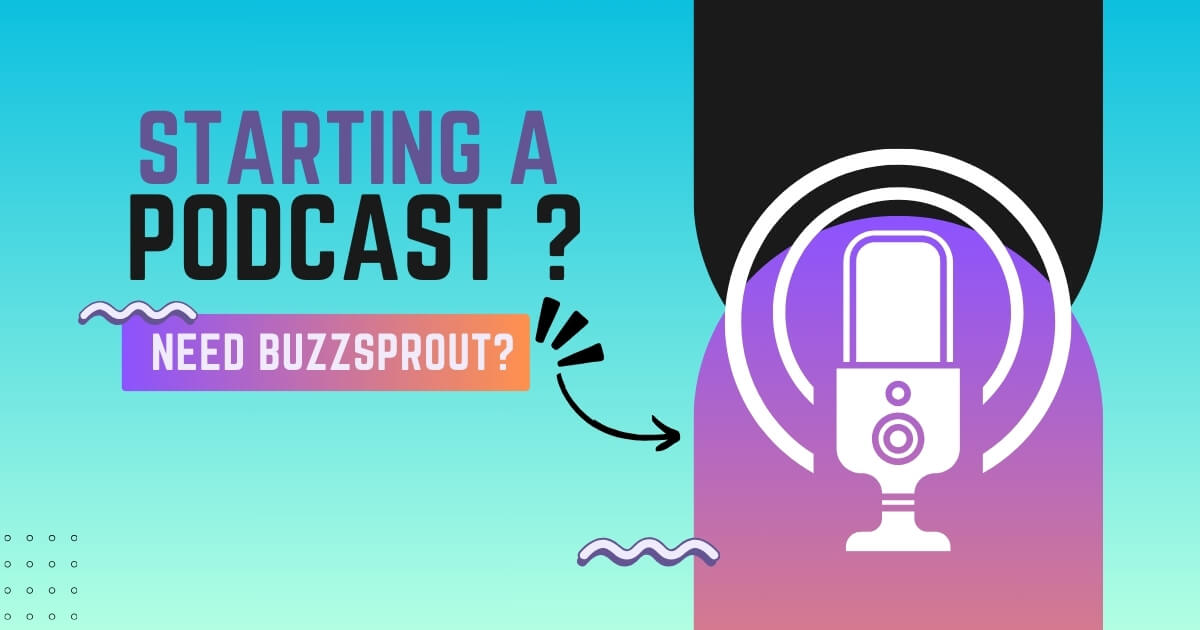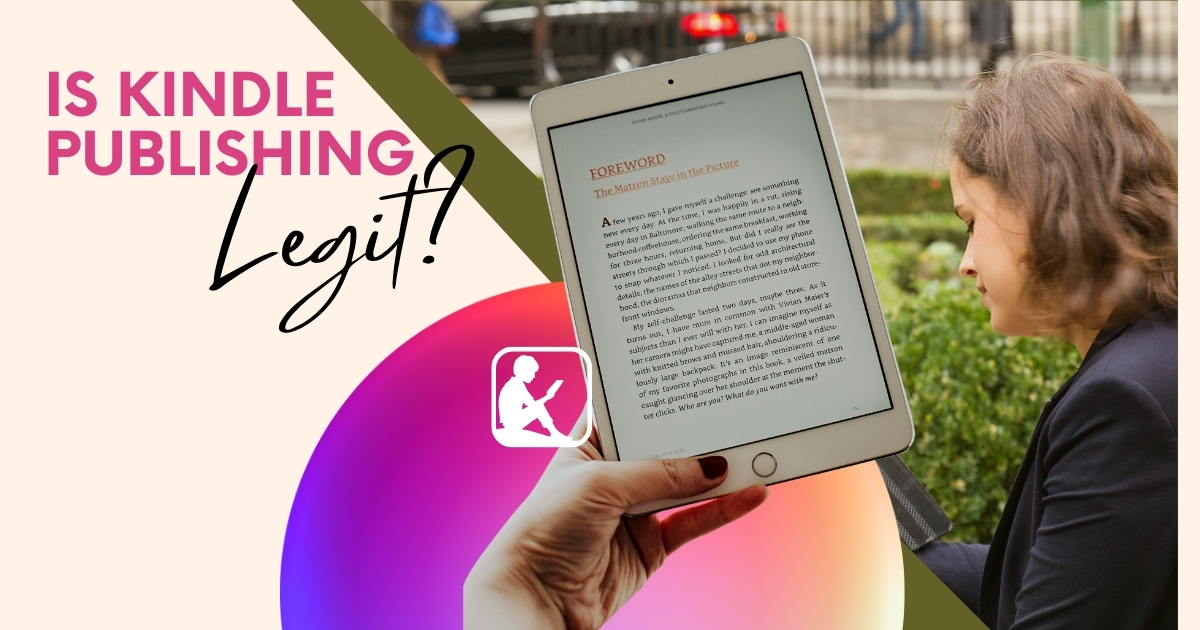Venturing into the digital world with your creative content means navigating the blog legal basics for beginners. It’s not just about producing engaging posts; it’s also about understanding and fulfilling certain legal responsibilities. Before typing out your first entry, be aware that the words you publish could have implications far beyond your intended audience. This involves setting up a blog disclaimer to protect yourself from potential liability arising from your content.
Additionally, you may wonder, “Do I need to register my blog as a business?” The answer may influence how you approach financial transactions and report earnings. Being informed about these aspects is not just prudent; it’s a necessity that lays the foundation for a successful and legally compliant blogging venture.
This extensive guide is designed to demystify the legal obligations and rights you need to know as a blogger. From the creation of your first blog post to the monetization of your site, we’ll cover everything from copyright laws to privacy policies, ensuring that you’re equipped with the knowledge to create responsibly and ethically.
The Fundamentals: Knowing Your Blogging Rights and Responsibilities
Before you start tapping away at your keyboard to create dazzling content, it’s crucial to understand the basic rights and responsibilities that come with the territory.
- Copyright Law: This legal framework gives you, as the creator, the exclusive right to your original works, which includes your blog posts. However, this right only extends to the specific expression of ideas—not the ideas themselves. Knowing how to display a copyright notice on your blog and the steps to take if your work is infringed upon is essential.
- First Amendment Rights: Especially important for U.S. bloggers, the First Amendment protects freedom of speech and expression. However, it’s not without limitations, such as freedom speech in cases like slander, libel, and copyright infringement.
- Defamation Laws: Know what constitutes defamation—both slander (spoken defamation) and libel (defamation through written or published articles). You have the responsibility to ensure that any statements you make about individuals or businesses are true and not damaging to their reputation.
- Fair Use: Understand the fair use doctrine, which allows for the use of copyrighted materials for certain purposes, such as commentary, criticism, news reporting, teaching, scholarship, and research.
Protecting Your Words: Understanding Copyright and Plagiarism
One of the fundamental aspects of blogging is creating content, which should be protected by copyright law. However, the digital nature of blogging makes it easy for others to copy your work without permission.
What is Copyright?
Copyright is the legal method by which you can claim ownership of original works of authorship fixed in a tangible medium of expression. For blogs, this includes your posts, images, and any other original content you create and publish. The moment you create your work and put it into a blog post, it is technically copyrighted, but there are additional steps you can take to strengthen your protections.
How to Display a Copyright Notice
While not a strict requirement, a copyright notice can act as a deterrent to potential infringers. Typically displayed as “© [Year of Creation] [Your Name]” on your website, a copyright notice informs readers that your content is protected.
Dealing with Infringement
If you find that someone has used your content without permission, there are several paths you can take, including sending a cease and desist letter, filing a DMCA complaint, or seeking legal counsel.
Understanding Plagiarism
Plagiarism is copying someone else’s work and claiming it as your own—knowingly or unknowingly. It’s important to always properly credit sources and use quotes or paraphrases where appropriate to avoid accusations of plagiarism.

The Art of Responsible Blogging
In the ever-evolving landscape of digital media, responsible blogging is crucial for maintaining integrity and fostering trust within the blogging community. It involves creating and sharing content that aligns with legal requirements, ethical guidelines, and the core values cherished by bloggers and their audiences. By adhering to best practices, bloggers not only protect themselves from legal pitfalls but also enhance their credibility and contribute positively to the community.
One of the foundational pillars of responsible blogging is Fact-Checking and Citing Sources. In an era where misinformation can spread rapidly, ensuring that your blog posts are accurate and well-researched is paramount. Always take the time to verify the information you present and cite the original sources of your data or quotes. This not only bolsters the credibility of your blog but also demonstrates a commitment to truth and transparency, setting a standard that encourages others to do the same.
Another critical component is establishing Editorial Standards. These guidelines serve as the backbone of your blog’s integrity, covering everything from how you engage with reader comments to your process for handling corrections and updates. By defining clear editorial standards, you protect yourself in potential disputes and provide a consistent experience for your audience. This consistency builds trust and sets expectations, which are vital for long-term success.
When it comes to content that involves third parties, such as reviews or personal stories, practicing Review and Consent is essential. Ethical blogging demands honesty about any sponsorships, gifts, or incentives related to your content. Transparency in these areas helps maintain trust with your audience. Moreover, obtaining explicit consent before featuring individuals or their personal information in your blog protects their rights and respects their privacy.
Comment Moderation is another vital practice for responsible blogging. By actively moderating comments, you ensure that your platform does not become a host for defamatory or illegal content. As the blog owner, you are legally responsible for all content published on your site, including user-generated comments. Thoughtful moderation not only safeguards you legally but also helps cultivate a respectful and positive community environment.
Implementing these best practices in your blogging routine offers numerous benefits. Not only do they help you avoid potential legal issues, but they also enhance your blog’s reputation and credibility. Moreover, they foster a welcoming and respectful community around your content, encouraging engagement and loyalty among your readers. In essence, responsible blogging is about more than just following rules; it’s about building a sustainable and respected platform that positively contributes to the digital world.
Protecting Yourself with Blog Disclaimers and Terms of Use
In the dynamic realm of blogging, establishing clear legal guidelines is not just a necessity but a responsibility. Disclaimers and terms of use are essential tools that serve to protect both bloggers and their readers, ensuring a mutual understanding that can help prevent potential legal disputes. By clearly outlining the boundaries and expectations, these elements contribute to a transparent and trustworthy blogging environment.
Disclaimers play a crucial role in setting the stage for a blog’s interaction with its audience. Essentially, a disclaimer is a statement that aims to absolve the blogger from certain responsibilities and liabilities. For instance, it can address the accuracy and timeliness of the information presented or clarify the purpose of the blog, whether it is educational, entertainment, or opinion-based. This transparency allows readers to adjust their expectations accordingly, understanding the context and limitations of the content they are engaging with.
The establishment of comprehensive Terms of Use is equally important. This document should detail the rules and requirements for readers as they interact with your blog. It may cover a range of topics from access rights to commenting policies and any other specific requirements you wish to enforce. By clearly delineating these terms, you provide a structured environment where readers know what is acceptable and what is not, fostering a respectful and orderly community.

Liability Limitations are another critical aspect of disclaimers and terms of use. By explicitly stating what you are not responsible for and under what circumstances, you protect yourself from potential legal claims. This might include disclaiming liability for any inaccuracies in your content, the actions of third parties, or damages that might arise from the use of your information. Clearly articulated liability limitations serve as a safeguard, offering peace of mind that your blog is shielded from unforeseen legal challenges.
The benefits of implementing these legal guidelines are manifold. Firstly, they help to limit liability, providing legal protection for you as a blogger. Secondly, they clarify expectations, ensuring that readers are aware of the boundaries and conditions associated with your content. This not only reduces misunderstandings but also fosters a safer and more respectful environment for both parties. Ultimately, having clear legal guidelines in place strengthens the trust and transparency between you and your readers, contributing to a more credible and reliable blogging platform.
In conclusion, while disclaimers and terms of use might seem like formalities, they are, in fact, foundational elements of responsible and sustainable blogging. By investing time in crafting these guidelines, you protect your interests while simultaneously enhancing the reader experience, creating a harmonious and legally sound digital space.
When to Register Your Blog as a Business
As your blog grows, you may consider registering it as a business. This decision can have important legal and financial implications that you should be aware of.
Registering your blog as a business can provide you with legal protections, help you separate personal and business finances, and make it easier to manage taxes and other financial matters. There are several business structures to choose from, each with its own legal and financial considerations. Options include sole proprietorship, partnership, limited liability company (LLC), and corporation.
Running a blog as a business means you’ll be subject to different tax rules. You may also need to register your business with local and state authorities.
Staying Informed and Updating Your Approach
To truly stay ahead in the dynamic and ever-evolving legal landscape that affects bloggers, it’s crucial to not only be proactive but also diligent. Regularly updating your privacy policy, terms of use, and disclaimers to ensure they are in line with the latest regulations is not just recommended, it’s necessary for legal compliance and user trust. Moreover, staying connected with the blogging community is invaluable. By engaging with fellow bloggers, you can learn from their experiences, share insights, and stay abreast of emerging legal challenges and solutions. Incorporating legal considerations into your blogging business plan is not merely about avoiding pitfalls; it’s about laying a strong foundation for long-term success and credibility.
Understanding and adhering to the legalities associated with blogging is indeed a continuous journey. It demands unwavering attention to detail and a commitment to ethical practices. This includes being vigilant about copyright issues, understanding advertising guidelines, and recognizing the importance of transparency with your audience. By meticulously following these tips and making legal due diligence a cornerstone of your blogging strategy, you’ll not only protect yourself but also build a trustworthy and authoritative online presence. Thus, setting the stage for a successful, sustainable, and law-abiding blogging career.
For more ways to make money online, sign up for our Bulletin today!




